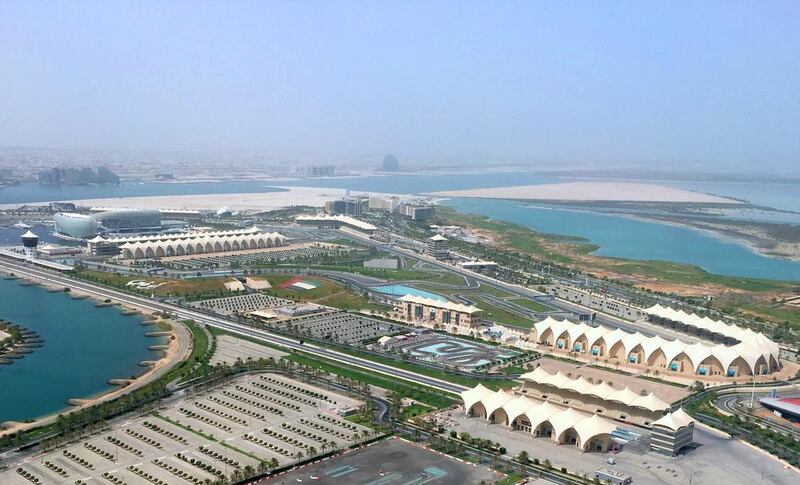Motorsport is a word that is occasionally dismissed, by a certain kind of snob, as self-contradictory.
On my earliest exposure to fast men in fast cars, I was that snob. It was my first visit to the French city of Le Mans, home of the woman who was to become my wife, and I was taken to the course of the famous 24 Hours race, not for the event but for the trials that preceded it.
When the cars were visible, it was an impressive enough spectacle. But if you briefly found yourself behind one of the tribunes, the roar of unseen engines was excruciating.
On no stronger foundation was a sweeping dislike for motor racing constructed. No matter that the men in my wife’s family regarded the 24 Hours as the sporting highlight of the calendar, a pleasure enhanced in my father-in-law’s case by a perk of his hunting permit that gave him a fabulous vantage point at one end of the famed Mulsanne Straight.
Any fool could see, or so I convinced myself, that this was no more than an ear-splitting demonstration of mechanical power, unworthy of comparison with the skill and human endeavour needed for the playing field, athletics track and court.
Decades later, as Abu Dhabi’s Yas Marina Circuit provides a spectacular setting for the denouement of this year’s Formula One championship, the flaws in that dismissive outlook are glaring indeed.
Two magnificent competitors, Germany’s Nico Rosberg and Britain’s Lewis Hamilton, will slug it out for the 2016 F1 title. Rosberg has the clear advantage, knowing a second or third place would bring him his first championship – even if Hamilton finished first in pursuit of a third successive title.
Even so, the outcome cannot be predicted with much greater certainty than would be applied to a decisive football game approaching extra time with two splendid sides level but one of them heavily dominating. And that, of course, translates as sport.
We can safely forget about such aids as powered steering. No one can point at either Rosberg or Hamilton and say he is unfairly equipped with a mightier car. Both drive the Mercedes F1 W07 and, while those in the know will tell you their techniques differ, they have even made identical choices of tyres for the Abu Dhabi climax.
For an idea of the physical demands on drivers, I checked the official Formula 1 website. Naturally, we would not expect this to learn here that any overnourished, moderately skilled boy racer could whizz round a circuit with the best of them. But even this partisan source offers a persuasive job description.
F1 drivers, it says, are “some of the most highly conditioned athletes on earth, their bodies specifically adapted to the very exacting requirements of top-flight single-seater motor racing”. Enormous strength, we are assured, is needed to last the full distance. In the case of Yas Marina that is 55 laps amounting to a total race length of 305 kilometres.
Then there is the intense heat of the cockpit, which can reduce body weight by as much as 3kg. “The fitter the driver,” F1 says, “the less susceptible he is likely to be to fatigue-induced lapses of concentration.”
The jury need deliberate no longer. F1 is sport, seriously challenging sport at that, and the Abu Dhabi event deserves the public vote of confidence that sees the phrase “sold out” attached to every ticket category except, as I write, super-costly Paddock Club packages.
Perhaps this belated recognition will induce me to rectify a shaming gap in life experiences and attend my first Le Mans race in nearly half a century’s acquaintance with the city.
Colin Randall is a former executive editor of The National





